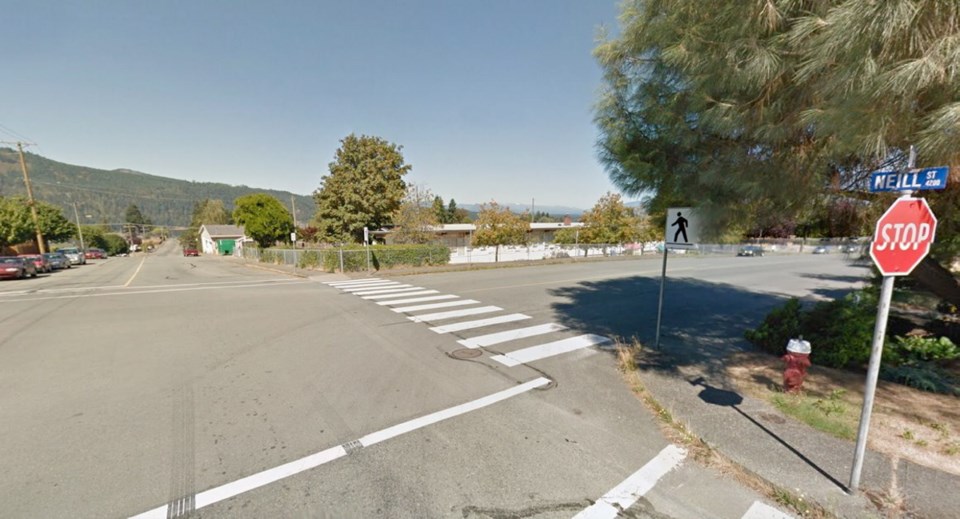A defeated bid to change the name of a street that some say honours a racist reveals a deep division in the community of Port Alberni, says the councillor behind the effort.
City council voted against a motion Monday night to look at changing the name of Neill Street, which commemorates Alan Webster Neill — a member of Parliament between 1921 and 1945 who supported residential schools, Japanese internment and white supremacy.
“I’m disappointed in the lack of leadership we could have shown here,” said Coun. Chris Alemany, who put forward the motion, and who also supports an ongoing effort to change the name of A.W. Neill Middle School. The motion called for council to work with local First Nations in the spirit of reconciliation, as well as affected property owners.
“The motion did not cause a controversy, it shed a light on divisions that already exist in the community — that exist in many communities with First Nations. It revealed a deep underlying racism,” he said.
Alemany said he was alerted to A.W. Neill’s history by a former resident writing a university paper. Neill was the Indian agent for the west coast of Vancouver Island and a proponent of residential schools. The Alberni Indian Residential School had one of the most notorious histories of physical and sexual abuse from the late 1800s to the 1940s. Children came mostly from the nearby Tseshaht, Hupacasath and Nuu-chah-nulth communities.
Alemany’s idea to look at dropping Neill’s name from city spaces was an effort to take a stand against racism and to reconcile past wrongs, he said.
When his plans were leaked to a local radio station before being presented to council, a public debate ignited, he said.
Several people wrote letters to council and the local newspaper in support of the name changes, including the National Association of Japanese Canadians and local First Nations.
One speaker at the meeting said Neill’s racist rants were once described by a fellow parliamentarian as “flesh-creeping.”
Others, including the Kiwanis Hilton Health Centre, expressed concern about the cost to the organization of an address change.
Cameron Stefiuk, 22, organized a petition against the name change that garnered 848 signatures, and presented his arguments to council.
“One of the issues is obviously the cost to the city and, therefore, the taxpayers,” Stefiuk said, suggesting Alemany organize a bake sale or GoFundMe page to fund the estimated $19,000 project.
“Nothing can be done to change our past. No amount of retribution will ever compare to the horror and brutality of people like A.W. Neill … In fact, it is my very belief that reconciliation … in certain cases creates more division and harm than it does good,” he said. “I don’t feel that I was personally responsible and have to reconcile for things I have nothing to do with.”
Mayor Mike Ruttan urged council to set aside Alemany’s motion, saying the process was not inclusive enough. He introduced another motion to have city staff prepare a report on possible reconciliation efforts.
The motion to change the name of Neill Street was defeated 5-2, and Ruttan’s motion passed unanimously.
“We could have passed both,” Alemany said.
After the vote, several aboriginal people expressed their disappointment to council — including Jolleen Dick.
“I feel so sick,” said Dick, who is a Hupacasath First Nation council member. “You are sending the message that it is OK to maintain racist values in the community.”
John Alan Jack, a Huu-ay-aht council member who lauded Alemany’s efforts, said he was both disappointed and heartened by the council’s decision.
“Part of what’s happening here is having a conversation that is so important,” he said. “We need to move ahead in a good way, in a way that brings people together. We’ll get there.”



